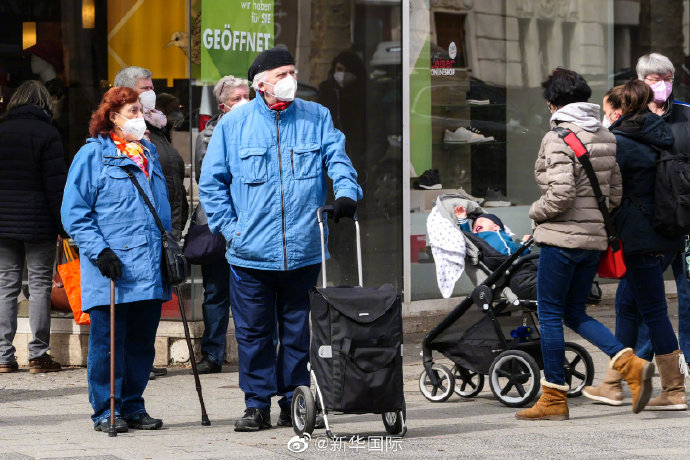After discussion between the German federal government and the state health ministers on the evening of the 13th, it was decided that people under the age of 60 who have been vaccinated with the first dose of AstraZeneca’s coronavirus vaccine will be revaccinated with other vaccines. This means that there are about 2.2 million people in Germany who will “mix” the vaccine.
The 2.2 million people will be vaccinated against the vaccine jointly developed by Pfizer Pharmaceutical Co., Ltd. and the German Biotech Company or the vaccine developed by Moderna Company in the United States.
German people over the age of 60 will continue to be vaccinated against the joint development of AstraZeneca Pharmaceutical Company and Oxford University.
Concerned about the side effects of the AstraZeneca vaccine, Germany and other countries suspended the vaccination in mid-March. The European Drug Administration subsequently determined that the advantages of getting the AstraZeneca vaccine outweigh the disadvantages, and Germany resumed using the vaccine on March 19.
The European Drug Administration announced on the 7th of this month that thrombosis accompanied by low platelets should be listed as a rare side effect of the AstraZeneca vaccine.
On the 13th, the United States reported six rare and severe thrombosis cases due to the Johnson & Johnson coronavirus vaccine. On the same day, the United States and South Africa called for the suspension of Johnson & Johnson coronavirus vaccine.
Johnson & Johnson COVID-19 vaccine is developed by Johnson & Johnson Pharmaceutical Co., Ltd., a subsidiary of Johnson & Johnson, and only needs one dose of vaccination.



